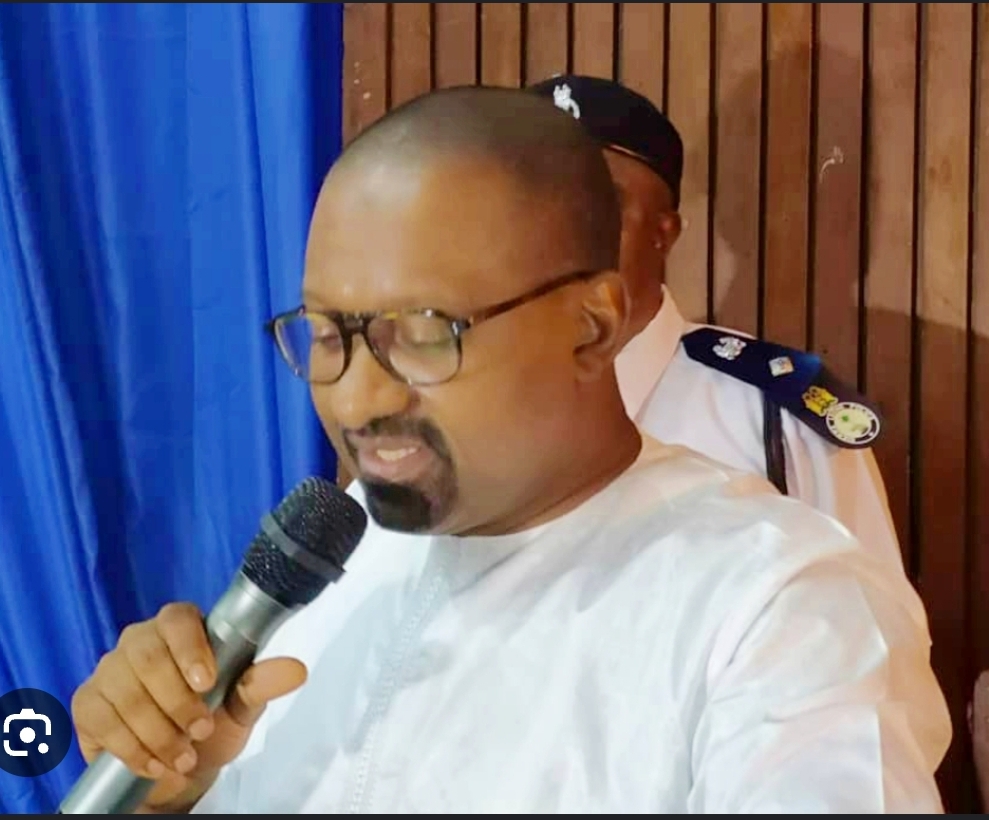
Vice President Jalloh Discloses USD 164 Million Investment in Water Management
By: Aaron Bundu Lahai-Head of Media & Public Relations
The Honourable Vice President of Sierra Leone Dr Mohamed Juldeh Jalloh has on Thursday 25th January, 2024 disclosed that Sierra Leone needs an annual sum of one hundred and sixty-four million United States Dollars (164 million USD) to invest in the rehabilitation and development of water supply facilities. Vice President Jalloh quoted the Africa Ministers Council on Water meeting in 2015 that estimated the said amount for Sierra Leone alone to invest in the water sector in order to meet the Sustainable Development Goal (SDG) target by 2030. He was speaking during the launched of the Water Fund at the Guma Valley Water Company Dam around Mile 13 in the Western Area Rural District.
Vice President Jalloh stated that financing gap is the biggest challenge in the water sector, he noted that huge capital is required to provide affordable water services. He revealed that one way to address water challenges is for the Government of Sierra Leone and development partners to design an innovative financing mechanism. The Water Fund, he said constitute a framework to mobilize financial resources, promote innovative solutions to raise finance to support government capacity to protect the ecosystem and ensure access to safe drinking water.
Dr Jalloh said that Government of Sierra Leone priority is to provide clean drinking water to the public, furthering that Government has invested enormous resources to provide access to clean and safe drinking water. He recalled joint monitoring programme conducted by the World Health Organization (WHO) and the United Nations Children’s’ Fund (UNICEF) in 2021 which indicated an improvement in access to water from 71-79% in urban area, and 47-53% in rural area.
The Fund he maintained will go a long way to address water challenges in the western area, he described the Fund as a financial mechanism designed to invest in conservation restoration and sustainable management of water using nature-based situation.
Vice President Jalloh informed about the need for political will to manage water security. He emphasized that the role and level of political will to manage the ecosystem far outweighs the funding gap, noting that without political will, financing to water management will not make any difference.
The Honourable Vice President called on the Inter-Ministerial Committee to protect catchment area to multiply their efforts and get the committee to work. He therefore sends a strong message to any individual or group of persons who actions might threatened the ecosystem will not go unpunished.
He admonished the Water Resources Ministry to encourage private sector participation in the water sector, now that there is regulatory framework and mechanisms. He encouraged the ministry to work on governance viability of State-Owned Enterprises and reiterated that the Enterprises are critical to the generation of finance. He emphasized that encouraging private sector financing involvement will increase viability of State-Owned Utilities and get the finance needed to promote access to water and meet the 2030 SDG target. He expressed Government commitment to the financing of the Fund and the political will required. He concluded by formally launching the Water Fund.
The Minister of Water Resources Dr Sao Kpato Hannah Isata Max-Kyne informed that western area is starving of water because people are destroying the rich biodiversity. She said that the launched Fund aligned with her ministry’s vision for a resilience water secure future and reflect Government commitment to address water challenges. She encouraged the public especially the Village Headmen in the western rural district to join Government to secure and ensure people stay out of the catchment area.
Madam Mima Sobba Stephens-Deputy Minister of Environment described the launched of the Fund as a milestone that puts together an investment plan that will facilitate investment in nature-base solution for the protection and restoration of the Western Area Peninsular National Park. She informed the gathering about her ministry’s national tree planting program which is one nature-based solution that is robustly in progress, together with the routine monitoring and inspection visits to hotspots around the park.